Cocaine found on 95% of banknotes
<
>
Related
Email Newsletter
Stay up-to-date with the latest news and information from the drug testing industry by subscribing to Results, our monthly newsletter.
 Your Privacy Choices
|
Privacy Notices
|
Terms
|
Language Assistance / Non-Discrimination Notice | Asistencia de Idiomas / Aviso de no Discriminación | 語言協助 / 不䈚視通知
Your Privacy Choices
|
Privacy Notices
|
Terms
|
Language Assistance / Non-Discrimination Notice | Asistencia de Idiomas / Aviso de no Discriminación | 語言協助 / 不䈚視通知
Quest, Quest Diagnostics, any associated logos, and all associated Quest Diagnostics registered or unregistered trademarks are the property of Quest Diagnostics. All third-party marks — ® and ™ — are the property of their respective owners. © 2000-2025 Quest Diagnostics Incorporated. All rights reserved.

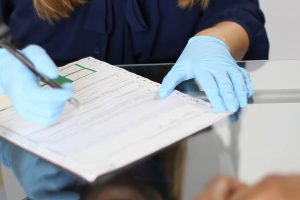
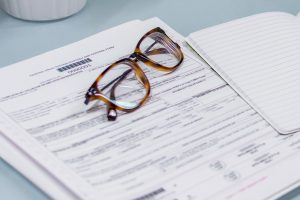
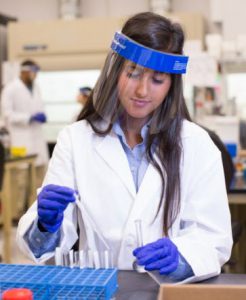

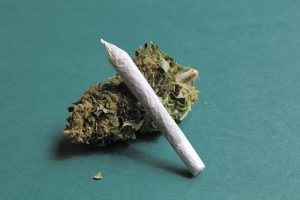
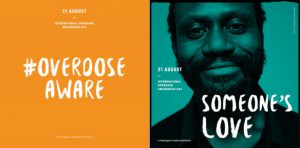

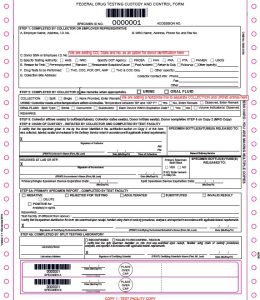


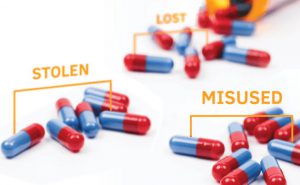

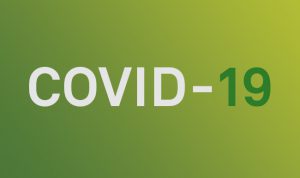
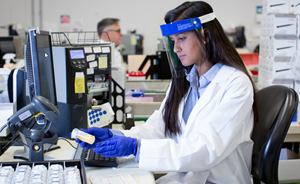





Scientists have found traces of cocaine in 95% of banknotes collected in Washington, the American Chemical Society reports, and 90% from large cities such as Baltimore, Boston and Detroit.
The lowest average was found on bills collected from Salt Lake City.
The findings were presented at the 238th National Meeting of the ACS, which says the study suggests “cocaine abuse is still widespread and may be on the rise in some areas.”
The scientists, led by Yuegang Zuo of the University of Massachusetts in Dartmouth, tested banknotes from more than 30 cities in five countries, including the USA, Canada, Brazil, China and Japan, and found “alarming” evidence of cocaine use in many areas.
The USA and Canada had the highest levels while China and Japan had the lowest, 12%-20% contamination.
Zuo says the U.S. figures represent a 20% jump over a similar study two years ago.
Bills can become contaminated during drug deals and directly through drug use such as snorting cocaine through rolled bills, the ACS notes. It is then spread as banknotes are run through currency-counting machines.
Zuo says the amounts involved present no health risk and are “unlikely to interfere with blood and urine tests used for drug detection.”
Source: USA Today
For more information about drug testing, visit our website or contact us online.